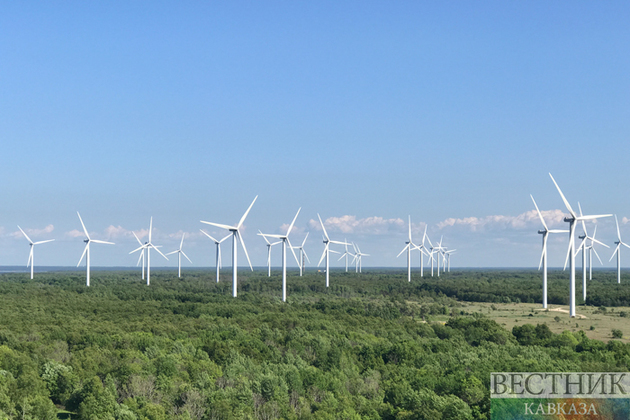Canada has agreed to help Germany with its energy crunch, although few details of exactly how the two countries will work together were provided during a ceremony in Stephenville, N.L., on Tuesday.
Instead, Prime Minister Justin Trudeau and German Chancellor Olaf Scholz signed what they called a "joint declaration of intent" that calls on the two countries to invest in hydrogen, establish a "transatlantic Canada-Germany supply corridor" and start exporting hydrogen by 2025.
"We must look to resources like hydrogen which can and will be clean and renewable. We can be the reliable supplier of clean energy a net-zero world needs," Trudeau said. "The need for clean energy is almost limitless, and that's where Canada, and Atlantic Canada specifically, gets to step up. With our renewable resources, we have a huge advantage."
The agreement, which Trudeau called the "Canada-Germany hydrogen alliance," was signed in a town where a company plans to build a large plant to convert wind energy to hydrogen and export ammonia to Germany. But the World Energy GH2 project - which would include 164 wind turbines along the nearby Port au Port Peninsula - has yet to undergo provincial environmental approval, and residents were told about it only in meetings that started in June.
Under the agreement, Canada will export wind-generated hydrogen to Germany as that country looks to move away from Russian imports. While the Ukrainian war has made for an immediate crisis, Germany has also been shopping for long-term sustainable solutions.






